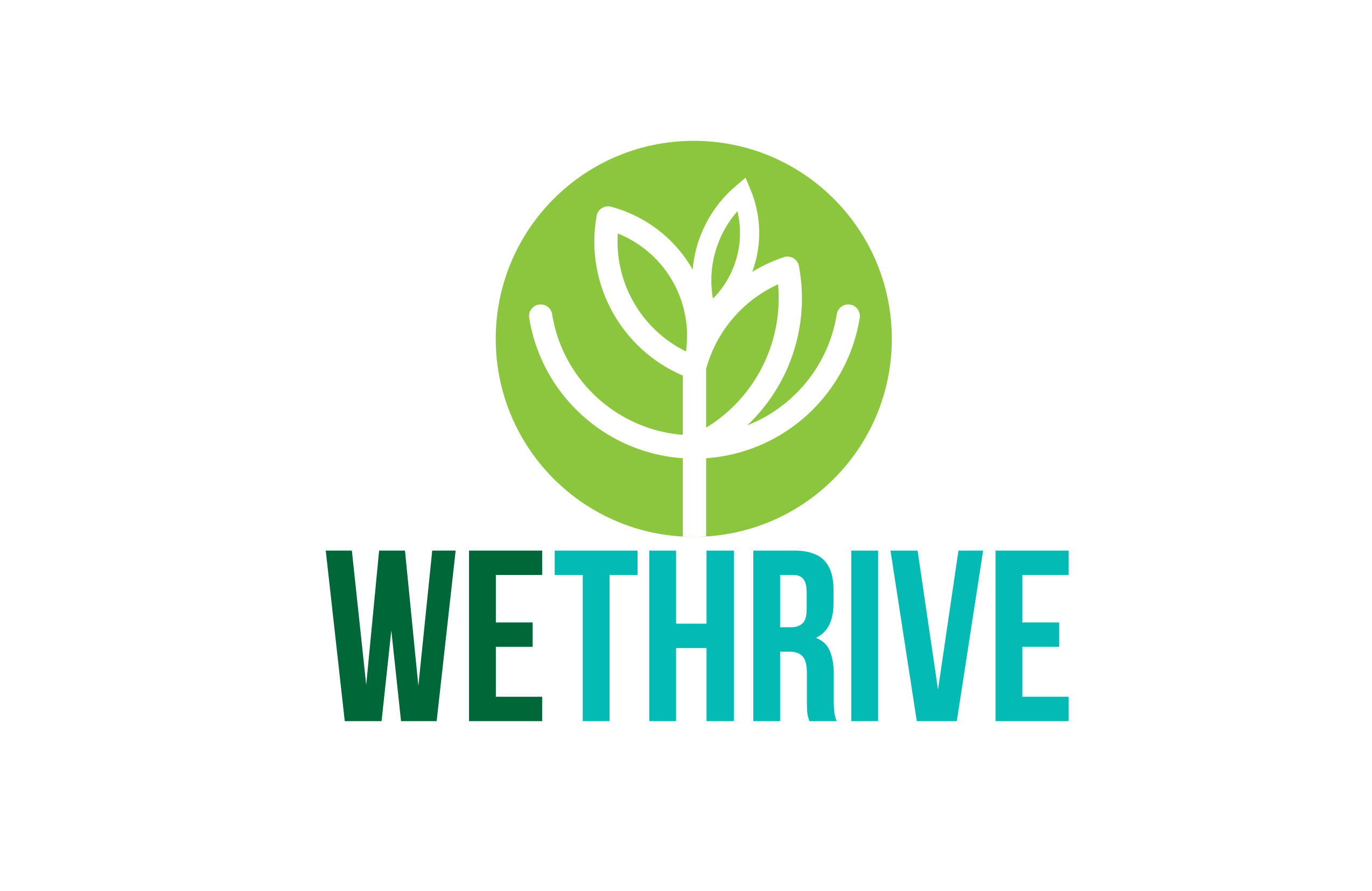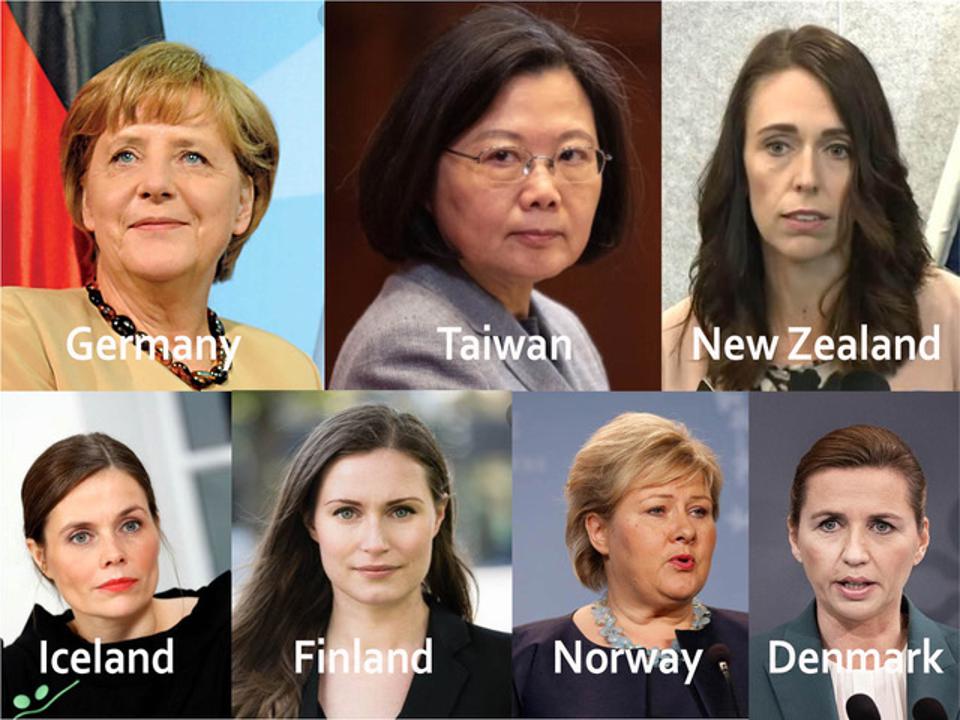It takes courage and strength to be empathetic, and I’m very proudly an empathetic and compassionate leader. I’m trying to chart a different path, and that will attract criticism, but I can only be true to myself and the form of leadership I believe in.
Jacinda Ardern
If you haven’t noticed yet, the world is changing. Our world is changing massively and radically, we could not have conceived these present times we’re living in. The pandemic is quite evidently a game-changer, thrusting us into a global lockdown and right into the vortex of a VUCA (volatile, uncertain, complex, ambiguous) world. Yet, if we look closely, the past decade of accelerated technological growth has already been shifting global consciousness toward complexity, diversification, and interdependence. We have been witnessing the tipping point of evolution in our life on this planet.
Times of great change require equally great leadership, so that we can leverage and harness the energy of change into a force for positive transformation. It is a crucial time for trustworthy and dependable leadership. Traditionally, our cultural stereotypes of what constitutes strong leadership have favored aggression, dominance, and maleness. Historically, women leaders have been presumed to be less legitimate than their male counterparts because of the underlying beliefs that feminine characteristics of warmth, supportiveness, and compassion are weak and ineffective. To add to this, a cognitive bias also exists that tend to make us think men are smarter and more capable, even though women, by many metrics, are equal if not superior to men in the intellectual arena. Studies by Cornell University psychologist Lin Bian and colleagues show that this gender bias against women are seeded in the upbringing of young girls who grow up believing that men are inherently smarter and more talented than women, making them less motivated to pursue novel activities or ambitious careers, thwarting their aspiration as potential leaders.
Despite the historical barriers posed by these harmful gender stereotypes and biases, women have been rising into leadership roles in many nations as well as businesses and international organizations. According to the World Population Review,
“While most countries have been ruled almost entirely by men throughout their histories, more and more women are being elected to high political offices and even becoming heads of state. Many of these women are bringing unique and fresh perspectives on the challenges that their countries face and are showing innovative and effective leadership.”
World Population Review
New Zealand Prime Minister Jacinda Ardern has been widely praised for effectively enacting policies that led to a halt in the coronavirus pandemic in her country. While being unapologetically compassionate and feminine in her leadership approach, she decisively and immediately shut down the country, significantly reducing cases of the Covid virus so that it became the first country to reopen safely. In Iceland, female Prime Minister Katrin Jakobsdottir has led her country into creating policies that will make Iceland entirely carbon-neutral by 2040 and has also revamped the country’s economy following an economic collapse in 2008.
There are remarkable signs of change. In the United States, the Gallup poll (2017) has shown a dramatic decline in the preference for male over female leaders. The glass ceiling is now being exposed for what it truly is, an illusion. People are waking up to discover that our world has evolved.
We can no longer force outdated leadership approaches and solutions that emphasize hierarchy, uncaring execution, and power dominance. The conditions we are faced with today and the growing consciousness shift toward inclusion and collaboration in a highly interconnected world require new leadership capabilities.
The new job description for responsive and resilient leadership has become much more aligned with feminine strengths in relationship-building, participatory decision-making, and the alleviation of suffering through compassionate and selfless action.
Women have long been ready for the role. We have been doing the work of great leadership. Studies led by Dr. Alice Eagley, a multi-awarded social psychologist by the American Psychological Association, show women to be “typically more participative and democratic than men in their approach to leadership.” And that furthermore, “women tend to pursue goals that place greater emphasis on the public good, consistent with their more compassionate and egalitarian values.” With regards to the ability to take effective action on complex problems, Dr. Eagley’s research indicates that “women engage in a complex mental calculus in which they weigh the perils of taking action against the benefits it provides to others.” Generally, women tend to opt for risks that support fellow human beings and enhance relationships. In other words, using the feminine quality of compassion as a guiding principle allows women to take wise and decisive action for the greater good. It is no surprise what women nation-leaders like Ardern and Jakobsdottir are able to accomplish in tackling 21st century problems such as the global health crisis, climate change, and economic breakdown.
A new vision for leadership is emerging, marked by the ability for solving complex problems in a compassionate way. Jacqueline Carter and Rasmus Hougaard, authors of Compassionate Leadership: How to Do Hard Things in a Human Way, have gathered data from 15,000 leaders in more than 5000 companies spanning 100 countries. They have learned that leaders who deliver the best results operate from the mode of wise compassion, which involves balancing efficiency and productivity with genuine concern for people’s feelings and wellbeing.
It is time for us to stretch our mindsets and step boldly into letting women lead. Women have always been capable of strong leadership, and we are seeing all over the world how more and more women are competently serving as leaders. Women are rightfully coming to represent the modern and evolved leadership we so direly need now. Let women lead.
*Photo credit: Forbes


